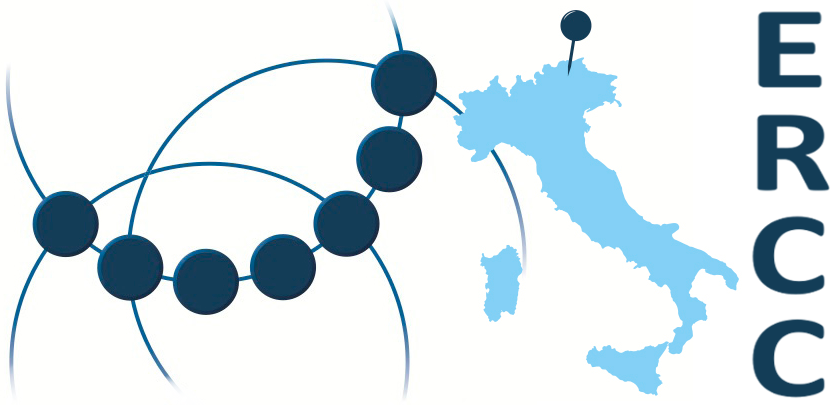Deposited Item Lifecycle
- Submitted Item
- Edited Item
- Published Item
- Deleting and Modifying of Published Item
- Restricted submissions
Submitted Item
After you deposit a submission it will be inserted into a pool of submitted items. The item is not publicly available and waits for an editor to approve (or reject) it.
Edited Item
The task of the editor is to verify whether the submission meets our requirements in respect to metadata quality and completeness, bitstream consistency and IPR. The editor can return the submission to the data depositor describing the needed changes. This step is repeated until the editor approves the item. The approved item becomes a published item.
Published Item
A published item obtains a PID (persistent identifier) which should be used for referencing and citing e.g., http://hdl.handle.net/20.500.12124/3. The ERCC will ensure that the PID (more precisely, we use a http handle proxy of the PID) will be resolved into a working web page (even if the current server infrastructure changes or is moved) describing your resource.
Published items are available through our search interface and browsing mode. Metadata of all items are submitted to search engines and are available through the OAI-PMH protocol (several institutes harvest our repository for metadata e.g., http://catalog.clarin.eu/vlo/). Bitstreams of public submissions (see Restricted Submissions) are also available through OAI-ORE protocol.
Deleting and Modifying a Published Item
Anybody can request deletion of published items; however, these will be evaluated on a case-by-case basis. Furthermore, we reserve the right to keep the metadata of published submissions available in case there is no specific reason why the metadata should be deleted. The reason is that it is against the concept of PIDs (persistent identifiers). All PIDs are available through the OAI-PMH interface even if only to inform that the item has been deleted.
We allow for minor edits of the submission (e.g., typos) through our Help Desk. These are also evaluated on a case-by-case basis. For major changes, the user is requested to submit a new version of htat item and we will indicate in the metadata that it is replaced by a newer version.
Restricted Submissions
First of all, all metadata are always publicly available. We support open access submissions; however, we also support restrictive licences for bitstreams which require e-signing before downloading the bitstreams. We keep track of these e-signatures in case there are IPR infringements.
See currently available licenses or ask us to add a specific one.
We also support putting an embargo on bitstreams which means that the bitstreams become publicly available after specific dates.

